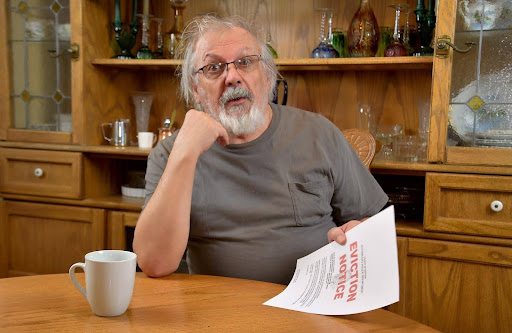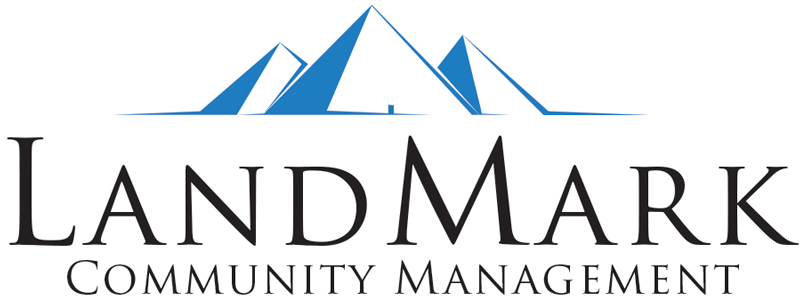Homeowners associations are well-known for collecting regular assessments to pay for neighborhood upkeep. But what happens when homeowners aren’t able to pay their dues? Can you be evicted for not paying HOA fees?
HOA Fees: A Requirement for Every Homeowner
Homeowners associations exist to protect property values. They achieve this by enforcing rules, providing amenities, and maintaining the common areas. Some HOAs even provide convenient services such as garbage collection or snow removal.
However, it’s difficult to provide all these things to the homeowners. The HOA board has to hire vendors to clean and maintain the community’s shared spaces. Moreover, HOA amenities may require staff and assistance from other professionals to remain operational. All of this takes money, and that’s what HOA fees are for.
Every homeowner is required to pay regular assessments. The board uses these assessments to fund maintenance, operations, and capital improvement projects. These fees make community upkeep and enhancement possible. Moreover, the obligation to pay fees is legally binding on homeowners as they agree to the HOA’s stipulations the moment they buy a home.
The Consequences of Nonpayment
Unfortunately, some home buyers might not always understand what it means to live in a planned community. Homeowners may even think HOA fees are optional or something you can opt out of. For this reason, they might refuse to pay their dues to the association.
It’s important to know that homeowners are legally obligated to follow the association’s rules and pay their dues. Can you legally ignore a HOA? While neglecting your duties to the community isn’t a crime, it has its ramifications.
For one thing, unpaid HOA dues have serious consequences. Once you’re considered a delinquent homeowner, the HOA can do several things to ensure they collect the debt. This includes, but is not limited to, the following:
- Fines. HOAs may charge homeowners who don’t pay their dues fines and interest, which can increase the homeowner’s debt to the association.
- Suspension of Rights and Privileges. Some HOAs may suspend a delinquent homeowner’s right to participate in community activities or use amenities.
- Liens. HOAs can often place a lien on a delinquent homeowner’s property. This can be troublesome for homeowners who want to refinance their mortgage or sell their home.
- Foreclosure. HOAs may take legal action and initiate foreclosure if HOA dues are not paid.
Can You Be Evicted For Not Paying HOA Fees?
Homeowners may have heard of HOA liens and foreclosures. What does this mean? Can you be evicted for not paying HOA fees? While HOAs cannot evict residents the way landlords can, they can place a lien on the property and foreclose on the home.
In a landlord-tenant relationship, the landlord often gives the tenant some time to correct an issue or face eviction. The eviction process usually involves an eviction lawsuit. Homeowners generally have more rights than tenants since they own the property. However, an HOA can collect the unpaid debt forcibly by initiating a foreclosure lawsuit.
Under Texas law, HOAs must provide an alternative payment schedule so homeowners can make partial payments for delinquent dues. If the homeowner fails to follow the payment plan, they can initiate foreclosure proceedings.
HOAs must fulfill certain prerequisites before foreclosure can happen. The Texas Property Code states that an HOA must do the following before filing for foreclosure:
- Given written notice of the total delinquency amount to other holders of subordinate or inferior liens
- Offered the recipient a chance to remedy the delinquency before the 61st day after the notice was mailed
The HOA must also obtain a court order and apply for an expedited foreclosure. Once the HOA has met the requirements and followed procedure, it can foreclose a homeowner’s property. If the court approves, it will appoint a sheriff or constable to sell the home at an auction. The HOA can then claim the outstanding balance from the proceeds.
Can HOAs Evict Tenants?

Homeowners may lease their property to a tenant. Depending on the lease agreement, the tenant may be required to pay association dues. The HOA may seek to evict a delinquent tenant by coordinating with the homeowner. After all, the property owner is technically responsible for the tenant’s actions.
Homeowners should include the tenant’s responsibility to pay dues — and the possible fines and consequences associated — in the rental agreement. Tenants who receive warnings from the HOA should coordinate with their landlord.
How to Avoid Foreclosure
While foreclosure for nonpayment of fees may seem scary, there are several ways homeowners can avoid this drastic outcome.
1. Pay the Fees on Time
Homeowners should strive to pay all their HOA fees and special assessments on time. There’s no way around it, as homeowners agree to pay these fees the moment they close on their homes.
If you’re struggling with the funds, ask the board members for some consideration. They may be able to help you come up with a payment plan to ease your burden. Though rare, the board may also consider settling the debt for a lesser amount.
2. Understand the Governing Documents
The governing documents outline the homeowners’ obligations to the HOA. Make sure to read and understand exactly what these documents say. There may be clauses that protect homeowners from homeownership issues. The HOA should also follow the procedures and guidelines within the governing documents to legitimize the lien and foreclosure.
3. Review the Assessments
Homeowners often have the right to inspect their community’s official records — including financial statements and documents. If you suspect the calculations are inaccurate, you can verify them by reviewing the association’s records. It might be helpful to review these with a professional to spot misapplied funds, fraud, or unethical practices.
4. Consult a Lawyer
Talk to a reputable lawyer if the HOA places a lien on your property or begins foreclosure proceedings. A real estate attorney can help you determine if the lien is viable.
Can You Be Evicted for Not Paying HOA Fees? Answered!
HOA dues are financial obligations with serious consequences. Nonpayment can result in fines, interest, loss of privileges, and even foreclosure in extreme cases. Homeowners should pay their dues on time to avoid losing their homes.
Landmark Community Management offers HOA management and financial management services to planned communities in Texas. Contact us online or call (512) 569-5527 to request a proposal!
RELATED ARTICLES:


